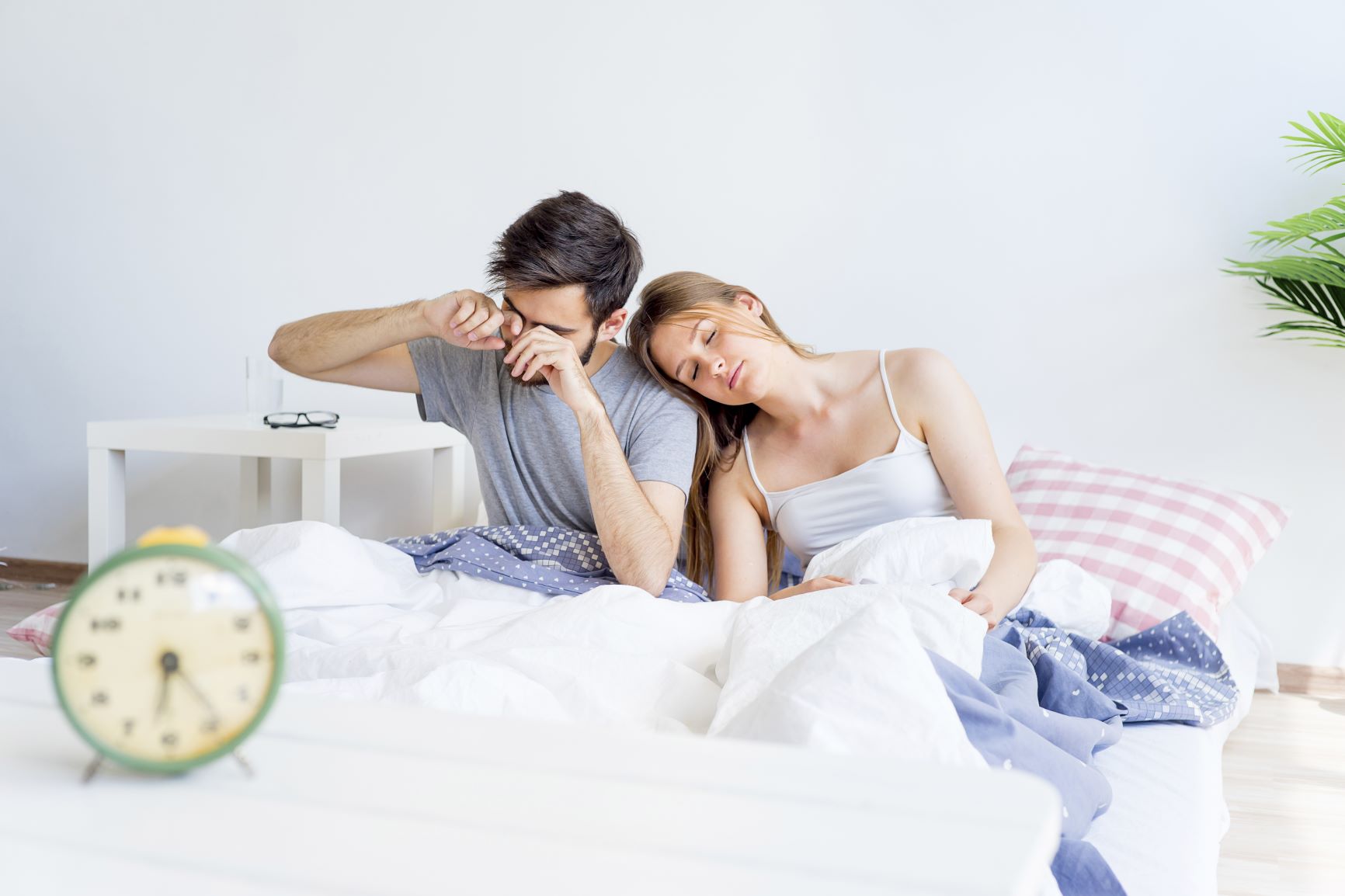Most of us have a schedule that we stick to at least most of the week, which keeps our wake and sleep cycle running smoothly and predictably so it’s pretty easy to tell when the sleep cycle is broken.
What causes it to break may be more difficult to pinpoint because so many factors can affect our ability to fall asleep, stay asleep and, consequently, experience quality sleep. Sure, we have all had the occasional night of restless or interrupted, but after a couple of consecutive nights of that, it’s fair to say that the sleep cycle is out of rhythm.
How do you fix the broken sleep cycle?
1.Give the schedule some love.
Because your sleep cycle is out of whack, you’re probably not going to feel ready to sleep at your normal bedtime. Go to bed anyway. While it’s normally good to listen to your body, to un-break the bad cycle, you will need to work a little harder to promote sleep at your normal bedtime in order to get back on schedule. Use the senses by controlling light, temperature, sound and scent. Avoid daylight or brightly lit places before going to bed. Block out light from outside in the bedroom. Keep the bedroom cooler – most people sleep better between 68 and 70 degrees. If you need white noise, use a fan, sound machine or smartphone app. Spray or diffuse essential oils that are calming.

2. Say good morning to the sun.
Scientists and sleep experts say sunlight exposure is great for improving sleep. Sunlight increases production of serotonin, which is the hormone associated with boosting mood and helping you feel calm and focused. Later in the day, the serotonin in the body converts to melatonin, which is the hormone that helps regulate your sleep and wake cycle – Bingo! Some say morning sunlight is best because the earlier you get that serotonin production up, the better. But it’s probably also better for your skin to get the sun exposure earlier in the day.
3. I like to move it, move it!
In addition to a host of other health benefits, about 20-30 minutes of exercise each day will help you get better sleep. Studies show that people who exercise daily for a minimum of 20 minutes report feeling more alert during the day and sleep better at night. You can kill two birds with one stone if you can get your morning sunlight with your exercise.

4. Eat, Drink, Sleep
I’m sure you’ve heard the saying “You are what you eat.” Well, what you eat (and drink) is how you’ll sleep, too, especially as it gets later in the day and closer to bedtime. If your bedtime is around 10 p.m. you might want to cut off any caffeine at 2 p.m. Similarly, try not to eat a big meal late in the evening because all that work your body has to do for digestion will mess with your sleep cycle. Consider a small and healthy bedtime snack that helps promote sleep.
